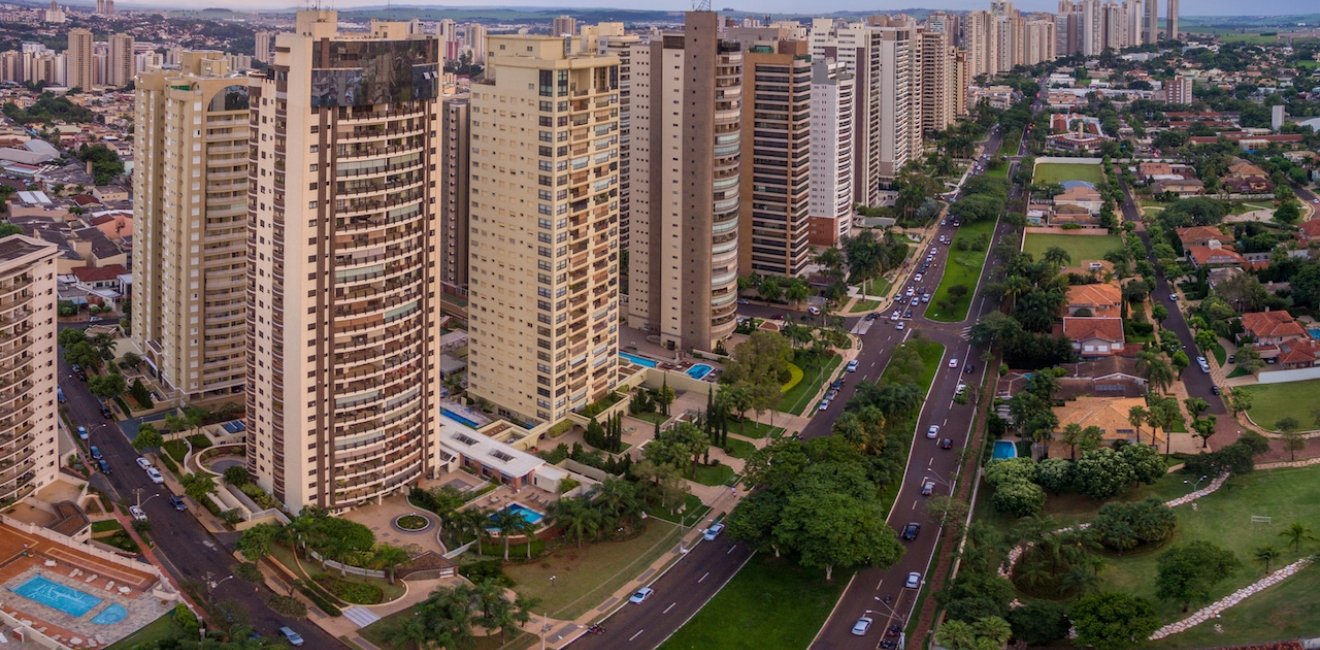If you were mayor of your city, what would you do? Would you prioritize education over urban mobility? Would you build city parks or water treatment plants? Would you be able to find funds to implement your agenda, while maintaining sufficient approval ratings to get reelected?
A new online game launched in São Paulo, Brazil, is asking young Brazilians to confront these questions and more. Called Cidade em Jogo, or Cities in Play, the game challenges each player to be prefeito por um dia, mayor for a day, and balance policy goals with fiscal realities. Already slated to be used as a classroom tool in secondary schools across the state of São Paulo, the game aims to invigorate citizen participation and help young Brazilians gain a better sense of the trade-offs necessary to govern.
Educational games allow us to present complicated issues in a simple but engaging format. As populations and economic potential become increasingly concentrated in urban areas, cities around the world are on the front lines of pressing global issues ranging from inequality to sustainability. In a world of limitless demands and finite resources, tackling these challenges requires both ingenuity and collaboration between public officials and citizens—and cities need to ensure that residents are equipped to engage. Technology can be a powerful tool for improving transparency, accountability, and communication between city officials and their residents. Technology can also empower the next generation of community leaders through civic education games and other interactive platforms.
This is exactly what Cities in Play aims to do. Developed through a partnership between the Brazil Institute at the Wilson Center and the Fundação BRAVA, the game builds on the Wilson Center’s award-winning serious game about fiscal responsibility with the U.S. federal budget, The Fiscal Ship.
Cities in Play challenges players to come up with a plan for their city based on their personal priorities and values: one player might decide that improving education is the most important goal; another might believe in reducing the size of government. As players progress through ten different rounds, they must choose specific policies to implement, such as building more daycares or raising property taxes, all while trying to adhere to their plan for the city. Each policy choice has consequences. Building more daycares might improve education levels, but it also has an impact on the city budget. Raising property taxes may help the city’s bottom line, but it might hurt the mayor’s chances of reelection.
The game applies Newton’s law to real-world governance: for every action, there is a reaction. The game does not impose ideology on players, but it does impose fiscal realities. Players are free to both lower taxes and expand social services; but they may then have to confront the difficulties that arise from increasing spending while simultaneously reducing city revenues. Players learn to compromise and prioritize in order to achieve their goals; just as real-world governments must do each and every day.
Indeed, the most powerful aspect of Cities in Play is its capacity to provoke discussion and debate over policymaking and policy goals. Since the game’s launch in August, we have seen this play out repeatedly in events and training sessions across the state of São Paulo and in Washington, D.C.
I recently helped demonstrate the game in São Paulo to a group of roughly 50 city council staff members, ranging from young interns to seasoned, senior professionals. We divided them into groups of four or five individuals, handed each group an iPad, and gave them 30 minutes to play the game. The transformation in the room was incredible as players passionately debated every choice and step. One woman, whose teammates all hailed from the left side of the Brazilian political spectrum, said their priority was education and they didn’t care that their budget ended up deeply in the red, because providing high quality education to São Paulo’s children was worth any cost. Other groups were fixated on staying fiscally solvent, regardless of the tough sacrifices required. In the feedback session, they described difficulties in determining which public services and programs should receive city funding. A few groups even broke out into loud arguments over what their priorities should be, with members marshalling facts and evidence in support of their positions.
Brazil is in desperate need of this type of passionate but substantive policy debate. Although its economy is showing signs of recovery after the longest recession in its history, Brazil faces significant fiscal and political challenges. Public spending has risen faster than revenues for years. According to the Central Bank of Brazil, the country’s gross public debt hit 76.2 percent of GDP in September. Meanwhile, the wide-reaching corruption scandal that broke in 2014 has thoroughly discredited the political class and hampered efforts for reform.
Yet this moment can be one of opportunity for Brazil. The exhaustion of the system of democratic governance founded on the 1988 Constitution has opened space for new political actors and innovative forms of political engagement. Local government, as the form of democracy closest to citizens, provides a platform for new voices to emerge; and cities often take up the mantle of innovation and reform when national politics deadlock, yet this is only possible when governments are responsive and citizens are well-informed and engaged.
Cities in Play offers the next generation of Brazilian decision makers a lesson about citizenship, providing an avenue for high school students to experience the complexities inherent in governing. In allowing students to be “mayor for a day,” the game challenges them to take greater ownership of their city in real life. By engaging citizens in a democracy, they become empowered through knowledge to hold officials accountable and to take on leadership roles in their communities. Cities in Play seeks to not only promote civic education, but also address the larger need to improve the quality of leadership in Brazil at all levels of government—a concern common to democracies around the world—as Brazil, its cities, and its people tackle the challenges ahead.
For more information about the game, including a player guide in English and a link to the game itself, please visit: https://www.wilsoncenter.org/cities-play-cidade-em-jogo
This article was originally posted on Meeting of the Minds. To read the original article click here.
Author

Senior Director, Albright Stonebridge Group

Brazil Institute
The Brazil Institute—the only country-specific policy institution focused on Brazil in Washington—aims to deepen understanding of Brazil’s complex landscape and strengthen relations between Brazilian and US institutions across all sectors. Read more


Urban Sustainability Laboratory
Since 1991, the Urban Sustainability Laboratory has advanced solutions to urban challenges—such as poverty, exclusion, insecurity, and environmental degradation—by promoting evidence-based research to support sustainable, equitable and peaceful cities. Read more

Explore More
Browse Insights & Analysis
Promoting Convergence in US-Brazil Relations

¿Qué Vemos Hoy?


